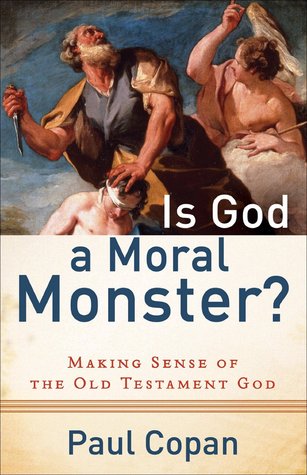More on this book
Community
Kindle Notes & Highlights
In the eyes of many, the Christian faith has an image problem. Many unchurched persons have been turned off to “Christianity”—though not necessarily to Jesus.
In Matthew 7:15–23, Jesus himself warned about morally bankrupt false prophets; they wear sheep’s clothing to cover their wolflike interior. They do outwardly pious acts but are ultimately judged to be “evildoers” (NIV).
The Christian can rightly join Hedges and the New Atheists’ disgust at “the chauvinism, intolerance, anti-intellectualism and self-righteousness of religious fundamentalists” without buying into their arguments.8 Rodney Stark puts it this way: “To expect to learn anything about important theological problems from Richard Dawkins or Daniel Dennett is like expecting to learn about medieval history from someone who had only read Robin Hood.”
Third, the New Atheists aren’t willing to own up to atrocities committed in the name of atheism by Stalin, Pol Pot, or Mao Zedong, yet they expect Christians to own up to all barbarous acts performed in Jesus’s name. In one debate, Dennett refused to connect Stalin’s brutality and inhumanity with his hard-core atheism. In fact, he claimed that Stalin was a kind of “religious” figure!
The second is our priestly role of relating to (“walking with”) God and orienting our lives around him.
Attempts by these New Atheists to explain away theology as a useful fiction or, worse, a harmful delusion fall short of telling us why the religious impulse is so deeply imbedded. If God exists, however, we have an excellent reason as to why religious fervor should exist.
God doesn’t want humans to detach themselves from ultimate reality, which only ends up harming us. God’s calling for our worship isn’t a manifestation of pride—of false, overinflated views of himself. The call to worship means inclusion in the life of God. Worship expresses an awareness of God’s—and thus our—proper place in the order of things, and it also transforms us into what we were designed to be.
A jealousy that springs from concern for another’s well-being, however, is appropriate.
Anger isn’t necessarily wrong (Eph. 4:26)—indeed, at times it is virtuous. The never-angered person is morally deficient. The slow-to-anger person is the virtuous one. He’s better able to calm disputes or listen well (Prov. 15:18; 16:32; 19:11; cf. James 1:19), but he also opposes injustice and tyranny.
God’s jealousy and anger spring from love and concern, not from hurt pride or immaturity. The New Atheists resist the notion of God’s rightful prerogatives over humans. The idea of divine judgment or anger or jealousy somehow makes them uncomfortable. But like Narnia’s Aslan, Yahweh, though gracious and compassionate, isn’t to be trifled with. God gets jealous or angry precisely because he cares.
then we’re back to the problem of denying reality in order to pursue our own agendas.


